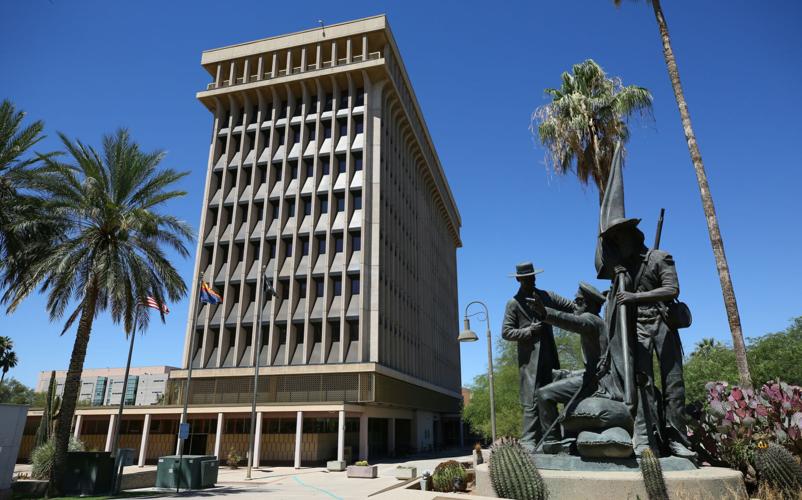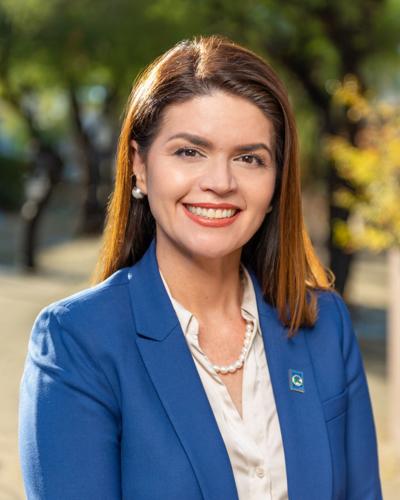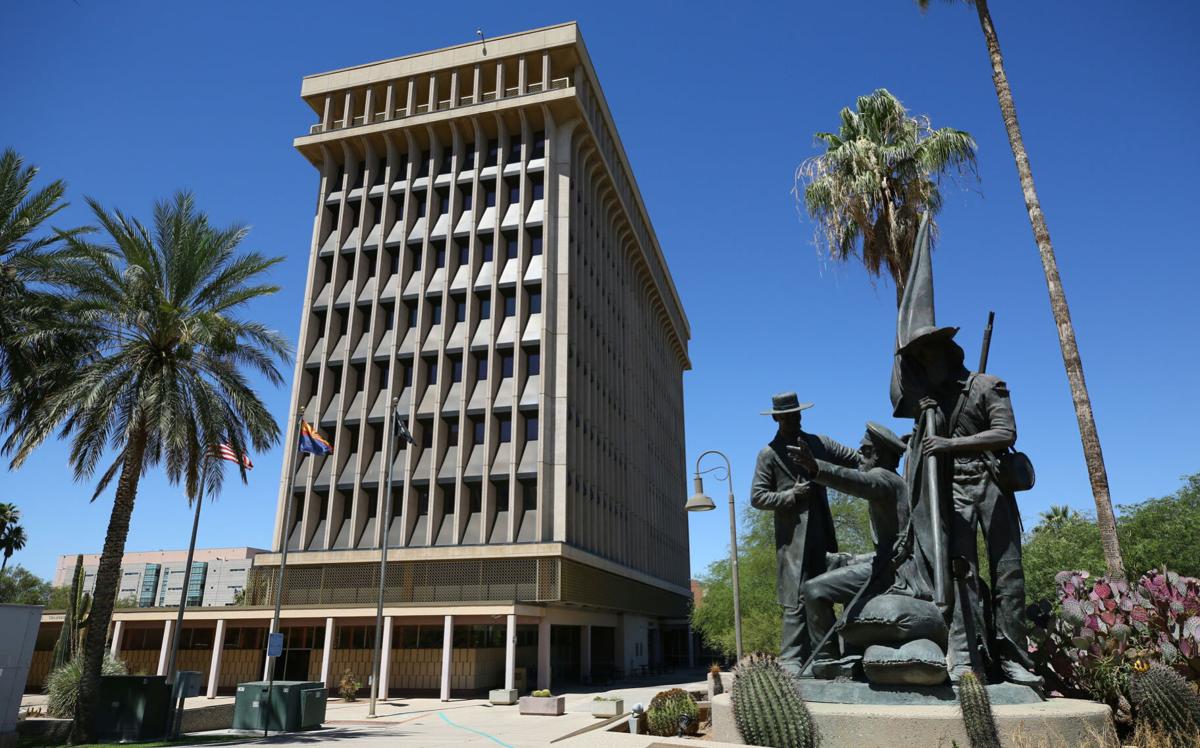The Tucson City Council voted unanimously Tuesday to establish a mandatory nightly curfew for three weeks as COVID-19 infections reach “alarming” levels throughout the county and state.
Starting Friday, Dec. 4, the curfew will be in place each night from 10 p.m. to 5 a.m. through Dec. 23 and prohibits anyone from being on public streets or spaces in Tucson unless traveling to work or other essential activities. Public safety personnel, health-care professionals, essential workers and the homeless are exempt from the curfew.
“We have to take additional steps as mayor and council to make sure that we’re protecting our community,” Mayor Regina Romero said. “I know that we’re all very exhausted by this pandemic, but as elected representatives of our community, we do have a moral obligation to act.”
City Attorney Mike Rankin said the Tucson Police Department will focus on education first when it comes to curfew enforcement. Residents who break curfew will be given an opportunity to comply before receiving a citation. If citations are issued, it would be a civil penalty. During the statewide shelter-in-place order in April, TPD issued only 12 citations.
While the city was initially considering a 8 p.m. curfew, the council decided to set it for 10 p.m. to align with Pima County’s voluntary curfew, which was announced last week, and to allow local businesses more flexibility.
The decision to implement a curfew comes as coronavirus cases continue to break records across the state. The Pima County Health Department recorded 944 new cases Tuesday, indicating the highest single day case count since the pandemic began. There were over 10,000 new infections reported statewide.
“We are well into the third wave in Arizona and Tucson,” said Judy Rich, President and CEO of Tucson Medical Center. “Four weeks ago, we had 25% of the positive patients that we have today at Tucson Medical Center. Our intensive care unit is at capacity, and every week we are opening another unit inside the hospital to manage COVID positive patients.”
As city and state governments around the country grapple with the idea of implementing curfews to slow the spread of coronavirus, there are still questions about a nightly curfew’s effectiveness against the fast-spreading transmission of the virus. In Pima County alone, positive coronavirus numbers have quadrupled in the last month.
While public health and hospital officials agreed that any mitigation is better than nothing, they said only a resumption of statewide shelter-in-place orders are going to have a large enough impact to prevent the most dire projections from occurring.
“We appreciate the city convening this conversation around steps that can be taken to mitigate the toll of this third wave, as we await the vaccine, which is so we believe that the curfew, whether it's an 8 p.m. or 10 p.m. curfew fails falls short, in terms of its effectiveness to be able to stop the spread. Flatten the curve and keep our hospital stripping push beyond our capacity.”
While the council members agreed they would much rather see larger mitigation efforts from the state, they said they can’t count on that.
“We have to set up a tool with enough flexibility that we don’t infringe on our values and freedoms, but also promote the protection of public health,” Councilman Paul Cunningham said. “And it’s a hard thing to balance. But we can’t stand around when we know that we’re expected to see a huge spike in cases and hospitalizations over the next three weeks.”
Romero said she sees the curfew as an initial step as the city continues to “advocate for the governor to take action.”
When asked about the city’s authority to mandate a curfew, Rankin said the Tucson municipal government is given that authority under state and local codes. Pima County implemented a voluntary nightly curfew for residents last week but does not have the authority to mandate a curfew as a state entity.
“State law gives the governor certain emergency powers, but it does not give him the authority to wipe away the legal authority of other officials who are also given emergency powers, including under the state statutes themselves under Arizona law,” he said. “So this is not a challenge to state authority, but it is using the local authority that is provided under Arizona law to adopt these kind of measures that are necessary for public health and safety.”
Recognizing the impact that the curfew might have on local businesses, the council also voted to provide additional economic relief for workers, families and small businesses as the pandemic continues. The exact amounts were not yet decided on as of 6:30 p.m. Tuesday.
In a statement Tuesday, the Tucson Metro Chamber expressed its concern about the curfew, saying it would decrease revenues for local businesses and put many people out of work.







